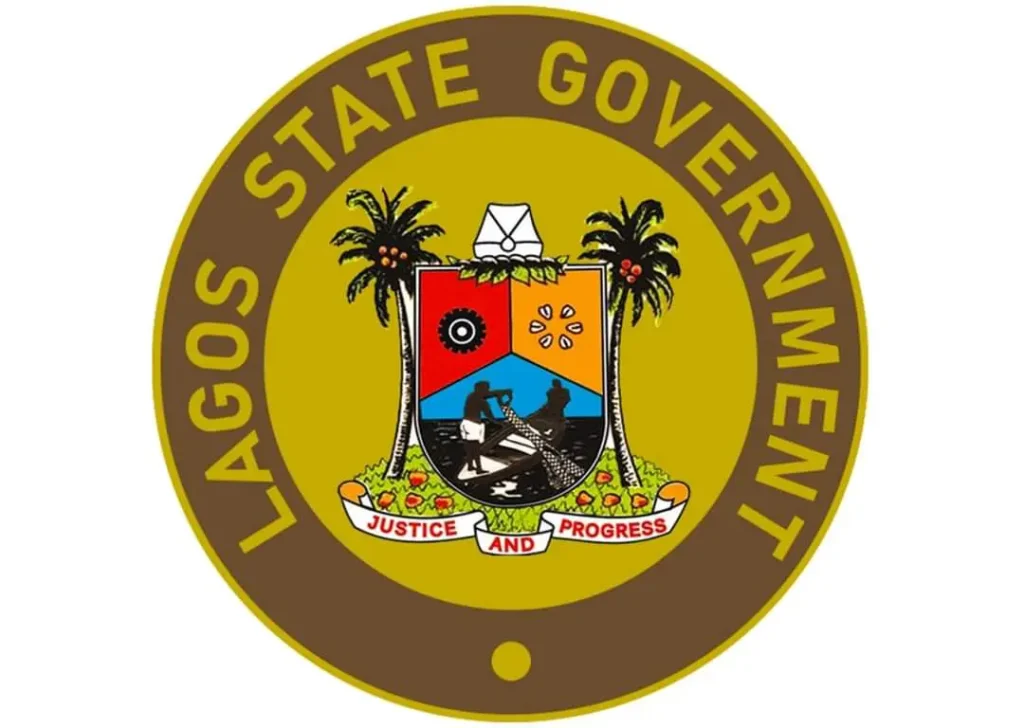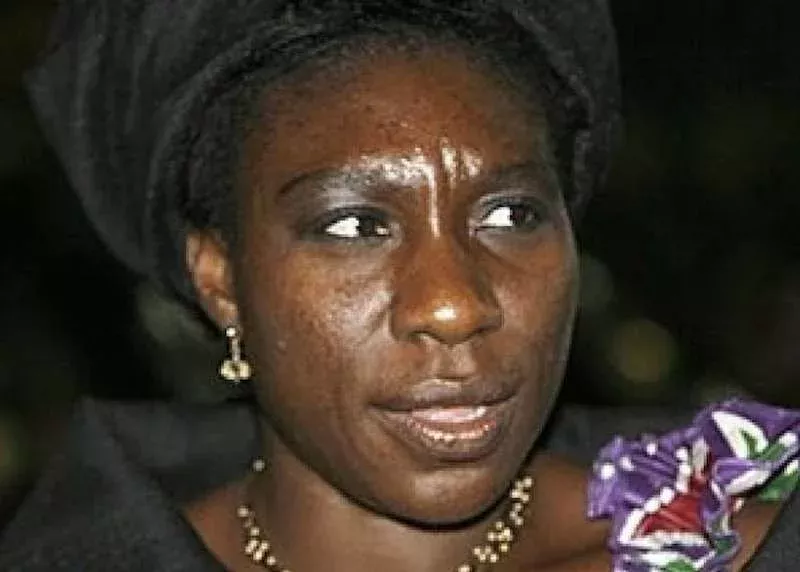A high-profile corruption case in the Democratic Republic of Congo has resulted in the sentencing of former Justice Minister Constant Mutamba to three years of forced labor. The Court of Cassation in Kinshasa found Mutamba guilty of embezzling $19 million in public funds intended for a prison construction project in the country’s north.
The verdict was delivered amidst tight security, with roads around the court barricaded and security forces deployed to prevent potential unrest. According to the court, Mutamba acted with the intent of illicit enrichment and bypassed legal procedures to embezzle the funds. Mutamba, who resigned from his position in June, had pleaded not guilty to the charges. His lawyer, Joel Kitenge, has described the verdict as unjust.
Mutamba’s tenure as Justice Minister was marked by controversy, including a proposal to reintroduce the death penalty for journalists reporting on Rwanda-backed rebels. Despite campaigning as an anti-corruption advocate in his 2023 presidential bid, Mutamba’s actions have been seen as contradictory to his stated goals. The case against him is viewed as a significant test of the Democratic Republic of Congo’s efforts to combat deep-rooted corruption.
The sentence of forced labor is typically served in prison, but it remains unclear if Mutamba will face the same fate. The outcome of this case is being closely watched, as it may set a precedent for future corruption cases in the country. Corruption is a pervasive issue in the Democratic Republic of Congo, and the government’s ability to hold high-ranking officials accountable will be crucial in addressing this problem.
The Democratic Republic of Congo has been working to strengthen its institutions and improve transparency in recent years. This case is seen as an important step in this process, as it demonstrates the government’s commitment to holding officials accountable for their actions. The international community will be watching closely to see how the government follows up on this case and whether it will lead to further action against corruption.



